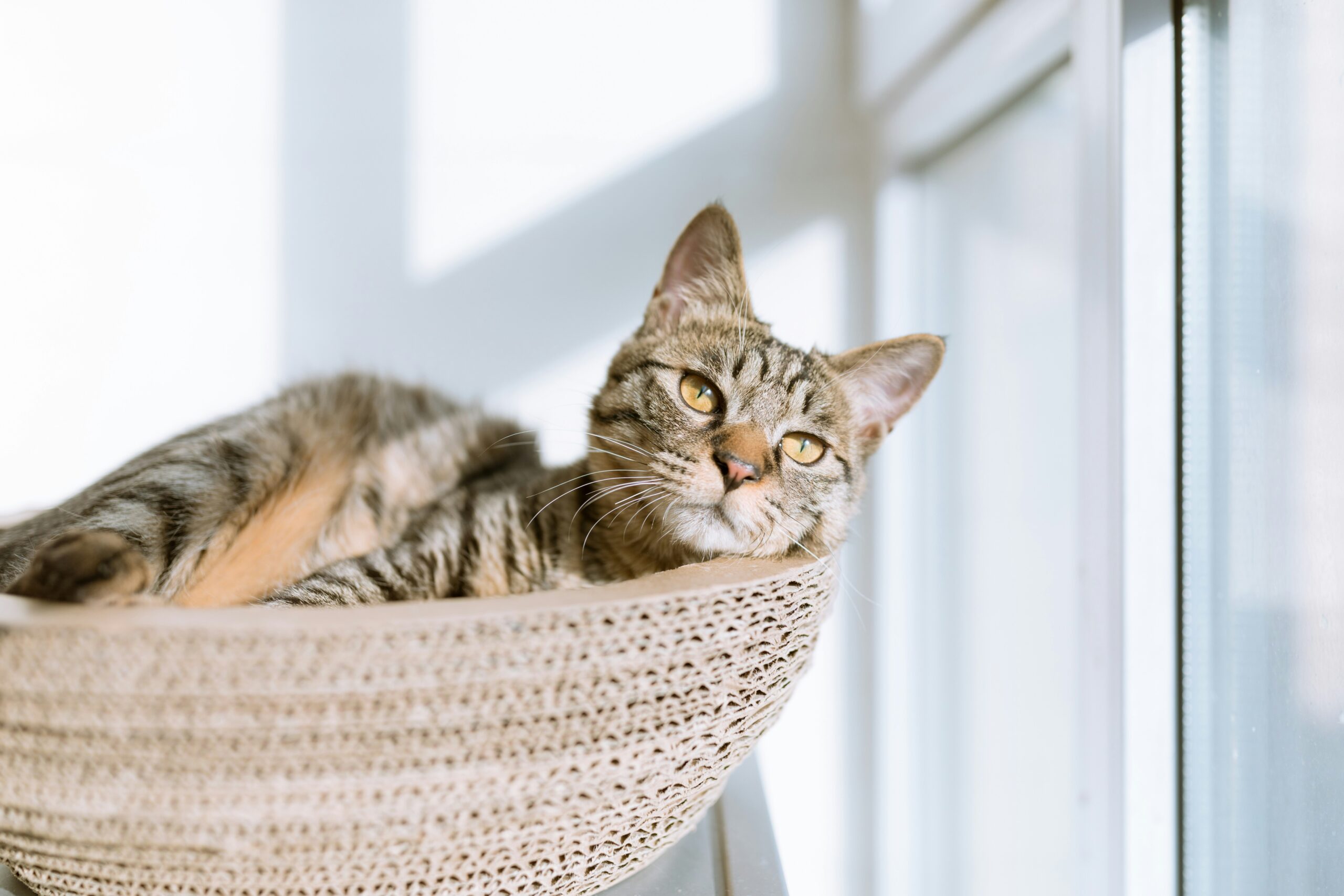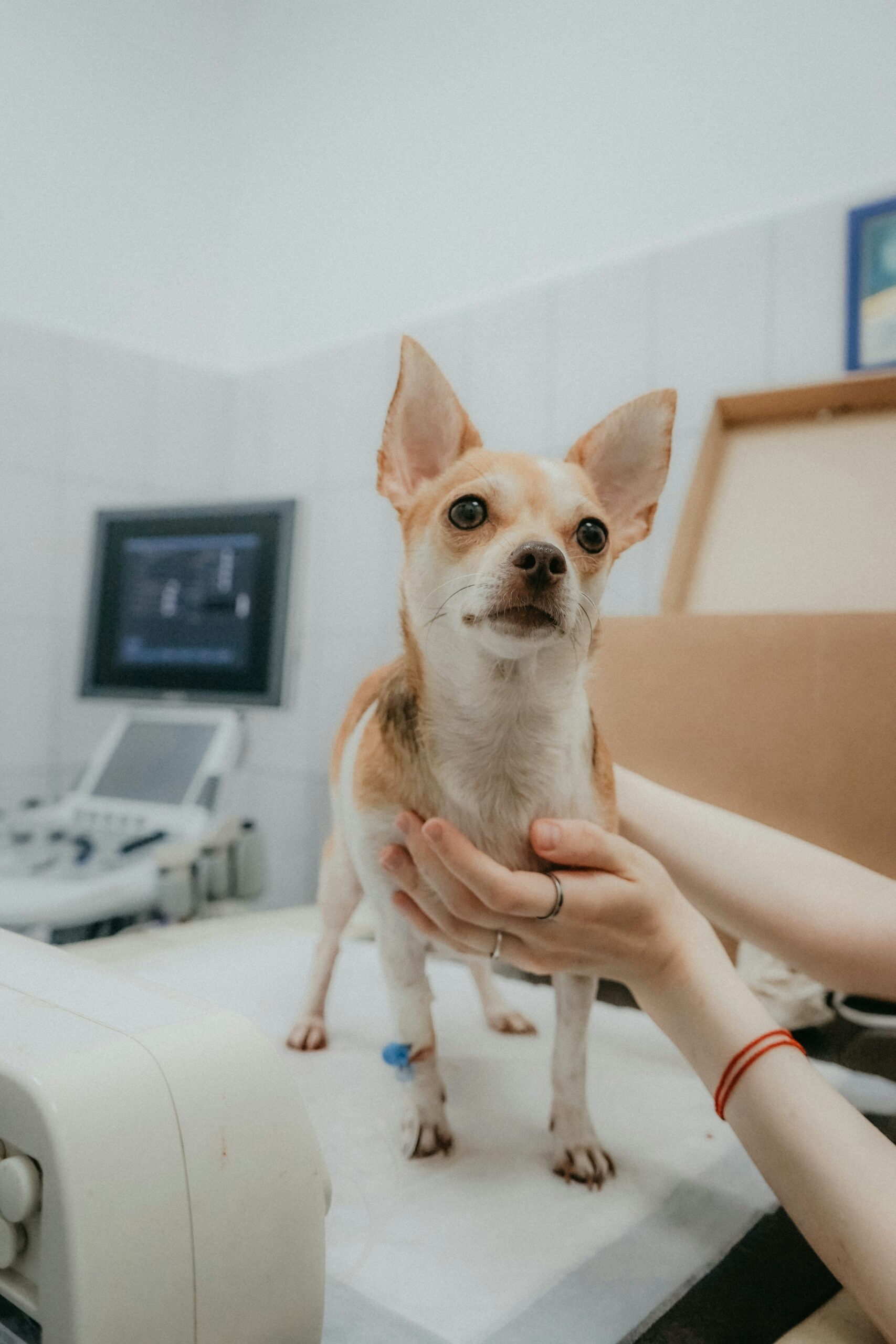Breaking Down the Cost of Owning a Cat: A Comprehensive Guide

Introduction
Owning a cat can be a joyful experience, bringing companionship and affection into your life. However, it’s important to understand that owning a cat comes with financial responsibilities. From the initial adoption fees to ongoing expenses like food, healthcare, and grooming, the cost of owning a cat can add up over time. In this comprehensive guide, we’ll break down the costs associated with owning a cat so you can make an informed decision.
1. Initial Costs: Bringing Your Cat Home
a. Adoption or Purchase Fees
- Adoption Fees: If you choose to adopt from a shelter or rescue organization, the cost usually ranges from $50 to $150. This fee often includes spaying/neutering, initial vaccinations, and sometimes a microchip.
- Buying from a Breeder: If you opt for a specific breed, purchasing from a reputable breeder can cost anywhere from $300 to $2,000 or more, depending on the breed’s rarity and pedigree.
b. Initial Veterinary Care
- Spaying/Neutering: If not already done by the shelter, spaying or neutering can cost between $100 and $300.
- Vaccinations: Core vaccinations (such as rabies, FVRCP) will cost about $50 to $100 initially.
- Microchipping: This one-time fee typically costs $25 to $50 and ensures your cat can be identified if lost.
- Initial Health Check: A general health check-up with a vet may cost around $50 to $100.
c. Supplies
- Litter Box and Litter: Expect to spend $15 to $40 on a litter box and about $10 to $20 monthly on litter.
- Food and Water Bowls: Quality bowls cost around $10 to $30.
- Cat Bed: A comfortable cat bed can range from $20 to $50.
- Carrier: You’ll need a carrier for trips to the vet or travel, costing $20 to $60.
- Scratching Posts: To protect your furniture, a scratching post is essential and can cost $20 to $100.
- Toys and Enrichment: Budget around $20 to $50 for toys to keep your cat entertained.
2. Recurring Costs: Day-to-Day Expenses
a. Food
- Dry Food: Depending on the brand, dry cat food costs $10 to $40 per month.
- Wet Food: Wet food can be more expensive, ranging from $20 to $50 per month.
- Special Diets: If your cat requires a special diet due to health issues, expect to pay more, sometimes up to $75 per month.
b. Litter
- Standard Litter: Budget $10 to $20 per month for standard clumping litter.
- Specialty Litter: Eco-friendly or dust-free options can cost up to $30 per month.
c. Veterinary Care
- Annual Check-ups: Routine vet visits, including exams and vaccines, typically cost $100 to $200 annually.
- Flea and Tick Prevention: Monthly treatments cost around $10 to $30.
- Dental Care: Professional cleanings can cost between $200 and $500 annually.
- Emergency Care: Unexpected illnesses or injuries can result in vet bills ranging from $500 to $2,000 or more.
d. Pet Insurance
- Monthly Premiums: Pet insurance can help offset unexpected veterinary costs. Plans typically range from $10 to $50 per month depending on coverage.
- Deductibles and Co-pays: Be aware of out-of-pocket expenses that might arise with certain plans.
e. Grooming
- Basic Grooming Tools: Brushes and nail clippers cost around $10 to $30.
- Professional Grooming: If your cat requires professional grooming, such as for long-haired breeds, expect to pay $30 to $70 per session, possibly more if shaving or special treatments are needed.
f. Boarding or Pet Sitting
- Boarding: If you travel, boarding your cat at a pet hotel can cost $15 to $40 per day.
- Pet Sitting: Hiring a pet sitter to care for your cat in your home may cost $20 to $50 per day.
3. Optional Costs: Extras and Luxuries
a. Cat Furniture
- Cat Trees and Towers: These can range from $50 to $300 depending on size and complexity.
- Window Perches: For cats who love to watch the outdoors, perches cost $20 to $60.
b. High-Tech Gadgets
- Automatic Feeders: These can range from $50 to $150.
- Litter Robots: Self-cleaning litter boxes cost $200 to $500.
- Interactive Toys: High-tech toys like laser pointers or treat dispensers can range from $20 to $100.
c. Training
- Behavioral Training: Professional training for behavioral issues may cost $100 to $300 per session.
d. Pet Identification
- GPS Collars: These can help you track your cat’s location and cost $50 to $150, plus a monthly subscription fee.
4. Long-Term Costs: Considering the Lifetime of Your Cat
a. Lifespan Considerations
- Average Lifespan: Cats typically live 12 to 18 years, and some even longer.
- Total Cost Over a Lifetime: Over a cat’s lifetime, you could spend $10,000 to $15,000, or even more, depending on the level of care and luxury you provide.
b. Senior Cat Care
- Increased Vet Visits: Older cats may require more frequent vet visits, increasing annual healthcare costs.
- Special Diets and Supplements: Senior cats may need specific diets and supplements, adding to monthly expenses.
5. Cost-Saving Tips
a. Adopt Instead of Shop
- Adoption: Consider adopting from a shelter to save on initial costs. Many shelters offer cats that are already spayed/neutered and vaccinated.
b. Buy in Bulk
- Food and Litter: Purchasing food and litter in bulk can reduce monthly costs.
c. DIY Toys and Enrichment
- Homemade Toys: Create your own cat toys and scratching posts to save money while still keeping your cat entertained.
d. Preventive Healthcare
- Routine Care: Regular vet visits and preventive care can help avoid costly emergency treatments down the line.
e. Consider Pet Insurance
- Long-Term Savings: Pet insurance may help cover unexpected expenses, potentially saving you money over your cat’s lifetime.
Conclusion
Owning a cat can be a rewarding experience, but it’s important to be financially prepared. By understanding the various costs associated with cat ownership—from initial expenses to ongoing care—you can ensure that you provide the best possible life for your feline friend while managing your budget. Remember, the joy and companionship a cat brings into your life are well worth the investment!




